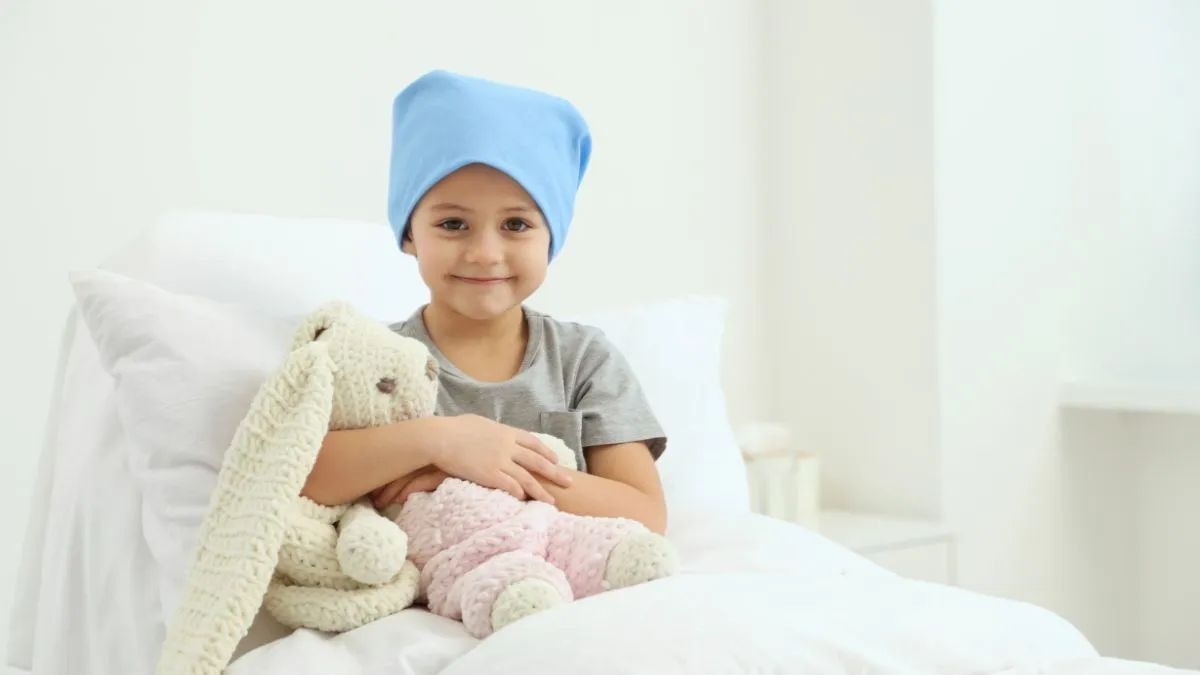- By Iram Hussain
- Sun, 28 Sep 2025 05:50 PM (IST)
- Source:JND
When it comes to childhood cancer, fear and uncertainty often give rise to myths and misconceptions that can delay diagnosis or create unnecessary anxiety. Experts stress that separating fact from fiction is crucial, not only to help parents make informed decisions but also to ensure children get timely care. Childhood cancer is rare but when it does occur, early recognition and proper treatment greatly improve outcomes. Understanding the myths and the reality behind them empowers parents to respond with clarity rather than panic.
In a conversation with The Daily Jagran, Dr Ramana Gogi, Principal Consultant - Medical Oncology, CK Birla Hospital, Gurugram explained the biggest myths about childhood cancer.
Myths About Childhood Cancer
Myth: Childhood cancer is always inherited.
Fact: In reality, most cases do not have a genetic cause. While certain inherited genetic syndromes can increase risk, the majority of childhood cancers occur due to spontaneous mutations in cells during growth. This means parents should not automatically blame themselves or assume that cancer runs in the family.
Myth: Children are more likely to develop the same cancers as adults.
Fact: Childhood cancers are very different. While adults commonly develop lung, breast, or colon cancers linked to lifestyle factors, children are more often affected by leukaemias, brain tumours and cancers of the lymphatic or nervous system. Parents should understand that risk factors such as smoking or diet play a minimal role in childhood cancers, which are more strongly tied to developmental and cellular changes.
Myth: Childhood cancer is untreatable or always fatal.
Fact: Thanks to advances in medicine, survival rates for many types of childhood cancer have improved dramatically. For example, certain forms of leukemia that were once fatal now have survival rates of over 80%. While treatment can be intense and emotionally challenging, many children go on to live long, healthy lives after recovery.
Myth: Childhood cancers are always obvious.
Fact: In fact, early signs often mimic common illnesses such as fatigue, frequent fevers, persistent pain, or unexplained weight loss. Parents might dismiss these symptoms as normal childhood issues, leading to delays in diagnosis. Doctors emphasise that persistent, unexplained health changes should always be checked, even if they seem minor.
Finally, some parents fear that cancer treatment will completely rob their child of a normal life. While treatments like chemotherapy and radiation can cause temporary side effects, many children continue school, play, and daily activities with adjustments. Supportive care has also improved, helping children maintain quality of life during treatment.
